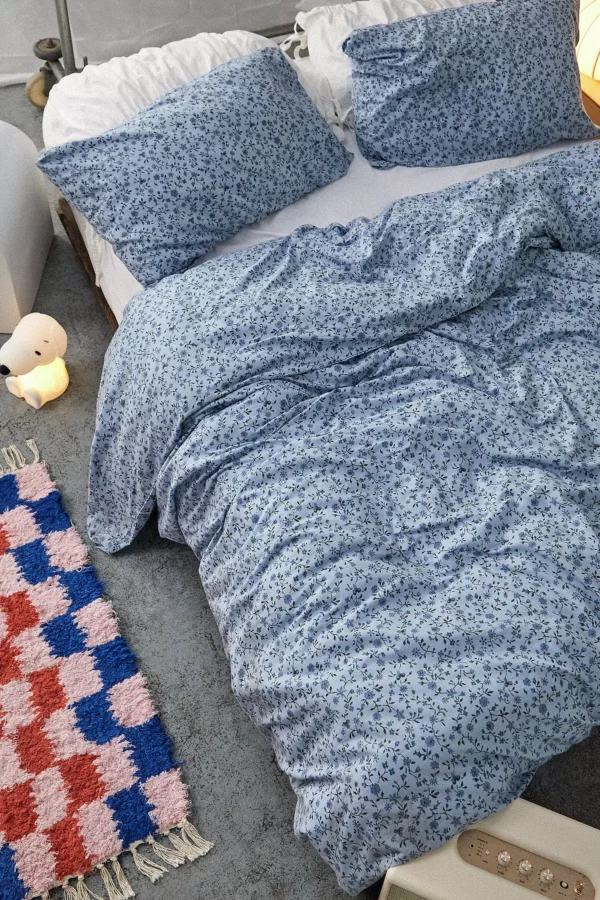
Avoid Feeling Down This Blue Monday: Five Simple Tips
Known as ‘the most depressing day of the year’, Blue Monday (17th January) is coming up and many of us will automatically expect to feel down.
But who says we have to feel sad just because it is Blue Monday?
We teamed up with the folks over at Essential Living to share five simple ways you can release any stress and anxiety, beating those Monday blues.

1. Meditate
Mindfulness meditation has a number of positive health benefits, including improving your immune system function, improving interpersonal relationships, and reducing stress and anxiety.
Meditating is surprisingly simple. All you need to do is find someplace quiet and relaxing, and dedicate a minimum of 15 minutes to freeing your mind of thoughts, deliberately letting each thought go until you achieve a pure state of mindfulness.
Whilst it may take some practice to get used to the process, once you do, you’ll start noticing yourself more hyper-focused in everyday situations.

2. Read
Particularly for those who stare at screens all day, your brain can start to feel tired and lacking in creativity. Therefore, reading a piece of fiction or perhaps something related to your job before a meeting will help reactivate your brain.
The more often you read, the more accustomed your brain will become at storing information, improving your intelligence. All that information will eventually come in handy as you engage in conversations, work on projects, and try to solve complex problems.
3. Socialise

Now that remote working is a permanent part of many peoples lives, it is easy to go whole days without socially interacting with work colleagues or friends. However, social interaction is extremely important for keeping your brain energised and educated.
Despite the uncertainty of further restrictions, there are still safe ways you can socially interact following social distancing guidelines.
You’d be amazed what you can gain from a simple conversation. Social interactions allow you to learn new facts, new perspectives, and new ideas, and all the while, you’ll develop your abilities to focus, learn, and analyse a situation.
4. Physical exercise
Physical exercise is proven to have a positive effect on your mental health, providing more oxygen-rich blood to your brain, giving you direct and temporarily greater mental stimulation.
Even a small amount of exercise, whether it be a few minutes walking, jogging or a few stretches, will help to stabilise your mood and increase focus and attention.
The short-term and long-term benefits of physical exercise (both aerobic and anaerobic) are well worth the time investment, particularly if completed once or twice a day.
5. Breathing technique
Deep breathing (the kind used in meditation) will help you focus and feel energised throughout your day. Try to conduct breathing exercises whenever you start to feel tired or stressed.
Sit or lie in a comfortable position, keeping your legs and spine straight and place one hand on your abdomen and one on your chest.
Then inhale slowly and deeply through your nose and into your abdomen, until your lungs are full.
Pause for a few seconds, then exhale slowly through the mouth, making a quiet whooshing sound, until your lungs are empty. Repeat the process until you start to feel calmer and more mentally prepared to continue your day.













































